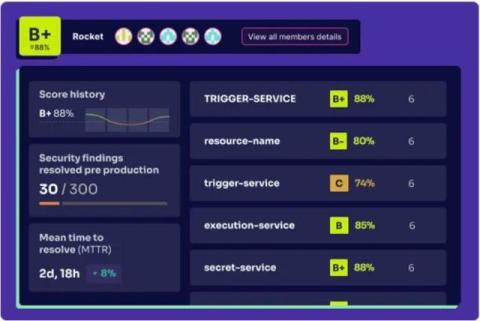Linux Kernel effected by CVE-2023-2163
CVE-2023-2163 is a critical vulnerability in the Linux Kernel, specifically affecting kernel versions 5.4 and above (excluding 6.3). This vulnerability arises from incorrect verifier pruning in the Berkeley Packet Filter (BPF), leading to unsafe code paths being incorrectly marked as safe. The vulnerability has a CVSS v3.1 Base Score of 8.8, indicating its high severity. The consequences are arbitrary read/write in kernel memory, lateral privilege escalation and container escape.










